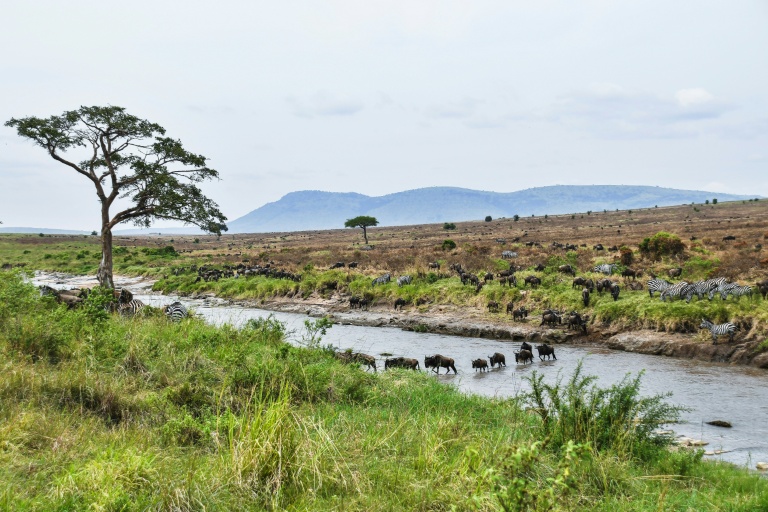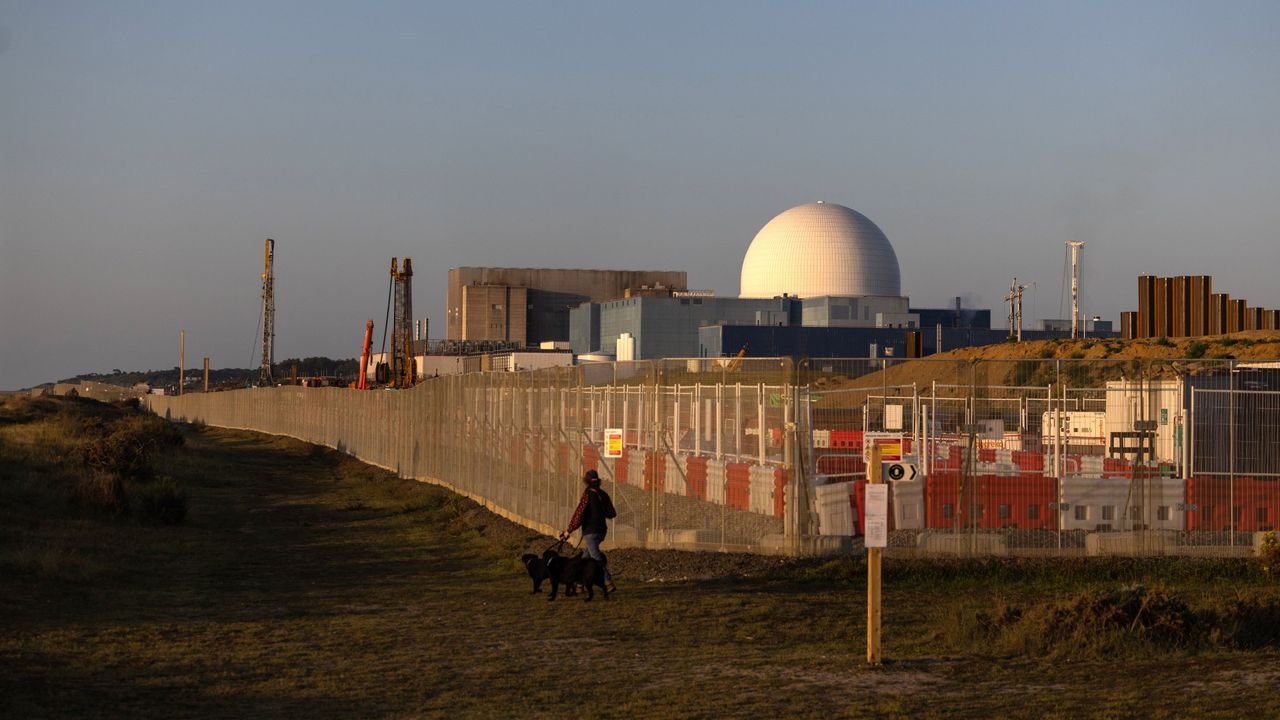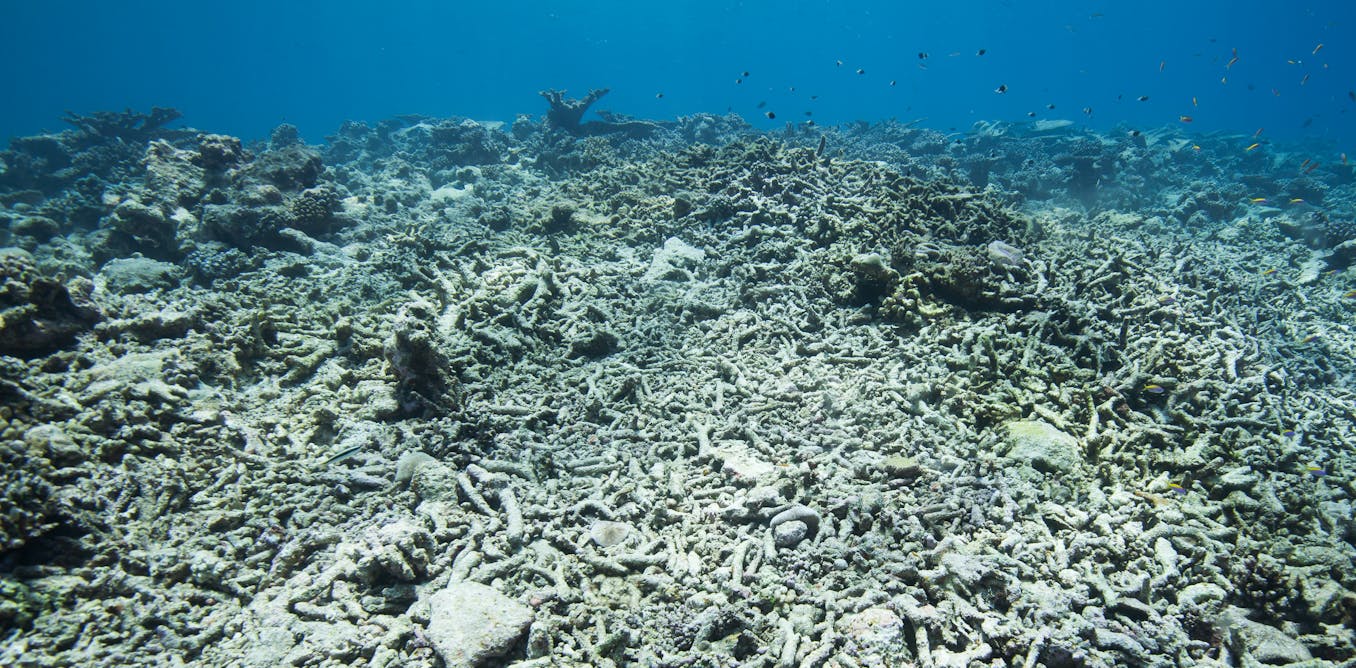Summary
Namnyak, a Maasai herder in north Tanzania, fears a carbon credit scheme linked to Volkswagen — dismissed by NGOs as greenwashing — could destroy her communitys way of life.
The Barrons news department was not involved in the creation of the content above. This article was produced by AFP. Fo…
Source: Barrons

AI News Q&A (Free Content)
Q1: What is the main concern expressed by the Maasai herders regarding Volkswagen's carbon credit scheme in Tanzania?
A1: The Maasai herders, like Namnyak, fear that the carbon credit scheme linked to Volkswagen could destroy their community's way of life. The scheme involves offering the Maasai monetary incentives for rotational grazing practices to allow grass to grow longer and capture more carbon. However, many NGOs and researchers label it as 'greenwashing,' arguing that it disrupts traditional practices and does little to benefit the environment, serving more to offset Volkswagen's emissions elsewhere.
Q2: How do NGOs and researchers view the impact of the Volkswagen carbon credit scheme on the Maasai community?
A2: NGOs and researchers view the Volkswagen carbon credit scheme as a form of 'greenwashing' that potentially harms the Maasai community. They argue that the scheme disrupts traditional Maasai grazing practices and does not contribute to meaningful environmental improvements. Some even suggest it is a 'scam' that exploits the Maasai for corporate gains by not addressing the environmental issues effectively.
Q3: What are the key findings of the scholarly article on engineering carbon credits and their implications?
A3: The scholarly article 'Engineering Carbon Credits Towards A Responsible FinTech Era' discusses the challenges and potential of carbon credit systems. It emphasizes the importance of transparent carbon emission disclosures to mitigate financial risks and proposes using advanced prediction algorithms to optimize carbon credit purchasing. The study underscores the need for integrating carbon price predictions with emission data to improve corporate carbon management practices.
Q4: What innovative data collection method was used in the study 'Data Capture & Analysis to Assess Impact of Carbon Credit Schemes'?
A4: The study implemented an SMS-based data collection application to gather social data on the impacts of carbon credit schemes. This method leverages existing mobile phone networks to capture data, reflecting the widespread accessibility of mobile technology compared to the internet. The approach was developed in collaboration with Vita, a development organization, to assess the effectiveness of green initiatives.
Q5: What area does the Volkswagen carbon credit project cover in Tanzania, and why is it significant?
A5: The Volkswagen carbon credit project in Tanzania covers the districts of Longido and Monduli, an area approximately 16,000 square kilometers, which is about 20 times the size of New York City. This significant coverage area highlights the scale at which the project operates and underscores the potential impact on the Maasai community's traditional lifestyle and land use practices.
Q6: What is the argument made by a Maasai lawyer regarding the Volkswagen scheme?
A6: A Maasai lawyer, Joseph Oleshangay, argues that the Volkswagen scheme is essentially a 'scam.' He criticizes the lack of tangible environmental benefits, such as tree planting, and suggests the initiative exploits local communities by manipulating them into participating in a scheme that primarily serves corporate interests rather than the community's or the environment's welfare.
Q7: What are the suggested future research directions for improving carbon credit systems according to the 'Engineering Carbon Credits' study?
A7: The study suggests future research should focus on developing corporate carbon management cost forecasting models and integrating carbon price and emission predictions. These advancements aim to enhance the efficiency and effectiveness of carbon credit systems, providing more accurate assessments of corporate environmental impacts and improving financial and market strategies for carbon management.
References:
- Engineering Carbon Credits Towards A Responsible FinTech Era: The Practices, Implications, and Future
- Data Capture & Analysis to Assess Impact of Carbon Credit Schemes





